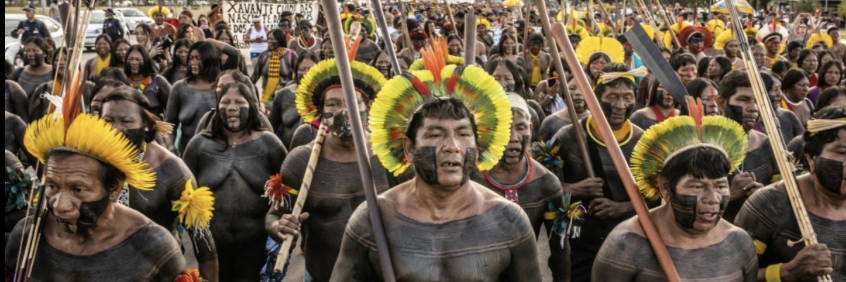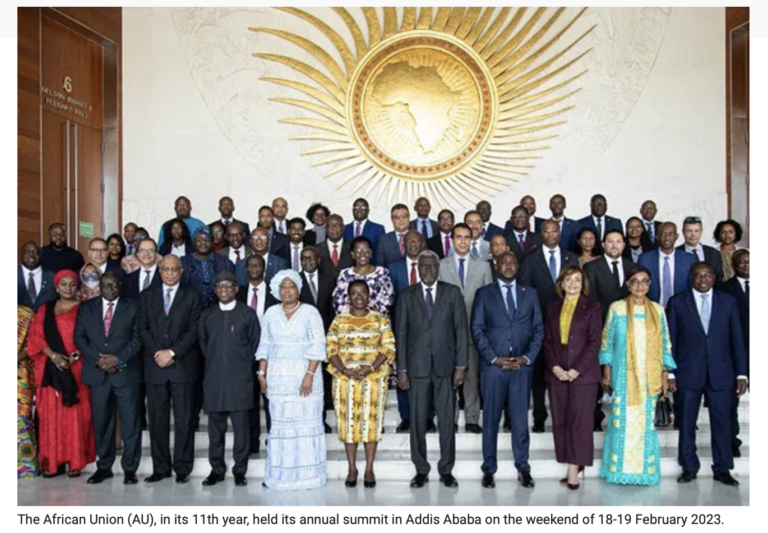Image from amazonwatch.org
Indigenous rights advocacy is a crucial movement that seeks to protect and recognise the rights of Indigenous peoples around the world. In many countries, Indigenous communities face discrimination, marginalisation, and the violation of their basic human rights. It is essential to raise awareness about these issues and work towards creating a more just and equitable society for all.
The Importance of Indigenous Rights Advocacy
Indigenous peoples have a unique cultural heritage and connection to the land that must be respected and preserved. By advocating for their rights, we can ensure that Indigenous communities are able to maintain their traditions, languages, and way of life for future generations. Additionally, Indigenous peoples often face disproportionate levels of poverty, health disparities, and violence, making it crucial to address these systemic issues through advocacy efforts.
Challenges Faced by Indigenous Communities
Indigenous communities around the world face a range of challenges, including land dispossession, environmental degradation, and lack of access to basic services such as healthcare and education. For example, in Australia, the Indigenous population experiences significantly higher rates of incarceration, unemployment, and chronic health conditions compared to the non-Indigenous population.
- Land dispossession
- Environmental degradation
- Lack of access to basic services
Case Studies in Indigenous Rights Advocacy
There have been successful examples of Indigenous rights advocacy leading to positive change for Indigenous communities. In Canada, the landmark decision of the Supreme Court in the Tsilhqot’in Nation case recognised Indigenous land rights, setting a precedent for future land claims. Similarly, the United Nations Declaration on the Rights of Indigenous Peoples has provided a framework for protecting the rights of Indigenous peoples globally.
Indigenous rights advocacy is essential for protecting the rights and well-being of Indigenous peoples. By raising awareness, advocating for policy change, and supporting Indigenous-led initiatives, we can work towards a more just and equitable society for all. It is crucial to listen to and amplify the voices of Indigenous communities in order to create a world where their rights are respected and upheld.































+ There are no comments
Add yours